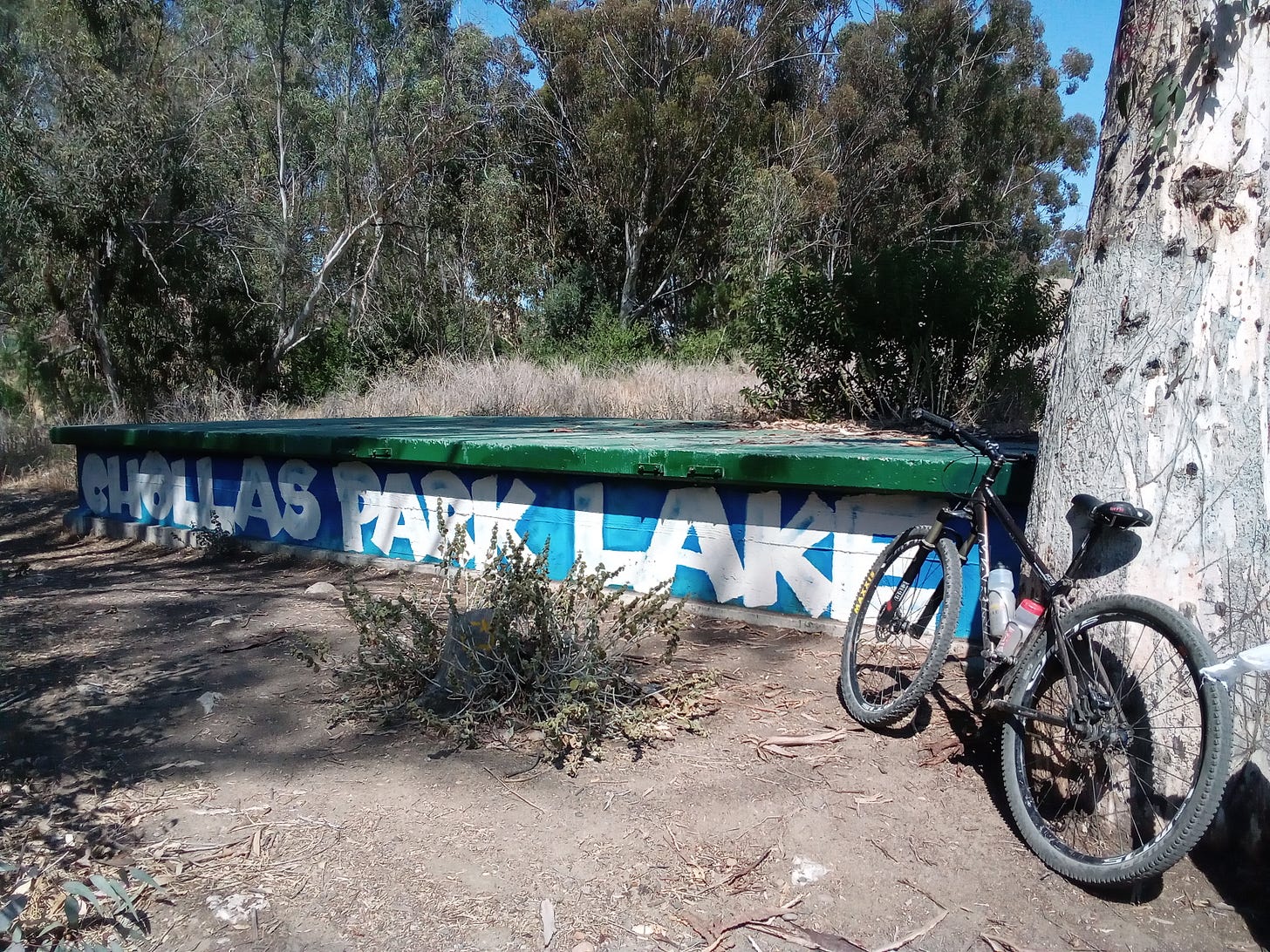It is well known that the bicycle industry is mostly immune, if you will, to the pandemic. Bike manufacturers, bike shops, producers of bike accessories, and on and on, have profited like never before, in some cases/locations. Humans continue to buy bike stuff, and if you have used bikes sitting around, you, too, can cash in, as it seems to not be too late.
Great. Wonderful.
I especially like that many struggling bike shops, locally owned and operated and sitting in neighborhoods in communities away from the main drag of capitalism/corporatism, now have some comfort cash in the coffers. Today, they know they will be around doing what they love – serving their community with quality wrenching and selling bikes to people, turning them on to the stoke of turning pedals over dirt, gravel, asphalt, macadam, etc.
Wonderful. Great.
Time to put the brakes on. Slow down. Let’s back up a little bit.
How many of you reading this recall the many years of days when you walked into a bike shop and heard stories about how they barely makes end meet? About how they exist, as a business, on the margins? That the internet is going to put them under? The importance of community members supporting them, keeping dollars in the community?
I agree with the sentiments expressed through those kinds of questions over the years by bike shop owners and staff. There is no doubt that a community bike shop is more than a business. It is actually a place that contributes to, is a part of, and adds strands to the social fabric.
Now it is time for them to give back, do more. I am not saying they have not in the past, or that they have not stepped up their “giving back” programs. Some have. Some have not.
With a flush of cash, now is when bike shops everywhere have the opportunity to go that extra step in being part of their communities. How/why? Why = it is simply the right thing to do. How = 2 ways to get started:
1. Work with local bike organizations and donate bikes to underserved populations;
2. Work with local community organizations and open up the shop during non-business hours and provide free services to underserved populations.
There are numerous non-profit bike shops all across the USA doing these kinds of things, and much, much more. Sure, as a private industry/business, a bike shop does not have any obligation of any kind to delve into this realm of what has traditionally been non-profit work.
That kind of thinking/practice needs to be altered. In the bike shops of our communities, trying to find ways to serve all people is how the pandemic-induced-profits can be shared.
For more on this kind of model, check out these programs/projects:
Bike Collectives
https://www.bikecollectives.org/
CalBike-Community Bike Shops
https://www.calbike.org/our_initiatives/healthy_climate_and_communities/community-bike-shops/
Bike East Bay
https://bikeeastbay.org/CommunityShops
Fully Rigid is a monthly column by James Murren about Mountain Biking Issues within the Mountain Biking Community.







I hear you and am glad most bike shops are sitting pretty now. Although Performance Bike closed all locations pre-pandemic (I think they went online only), Bicycle Warehouse expanded and took over their Sorrento Valley location but closed it late 2020. Not sure what happened there.
preach! I have been so excited to learn more about Bikes Del Pueblo (a local SD non profit) and even more excited that we get to support them through our current fundraising campaign with SDMBA! Win win win!